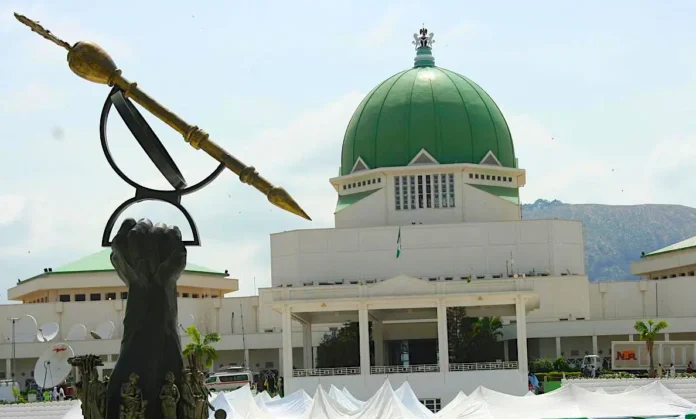The National Assembly of Nigeria has reignited its push to implement a 5% excise duty on telecommunications services, despite former President Muhammadu Buhari’s earlier exemption of the telecom sector from this tax.
President Bola Tinubu also signed an executive order suspending the 5% excise tax on telecommunication services on July 6, 2023, to alleviate the adverse effects of tax increases on businesses and households.
However, the proposed Nigeria Tax Bill 2024 seeks to reintroduce this excise duty, which would be based on the service provider’s charge, whether in monetary terms or equivalent value. The bill states that services including telecommunications, gaming, gambling, betting, and lotteries would be subject to excise duties at specified rates.
Additionally, the bill addresses currency exchange transactions involving the naira, mandating that such transactions must not exceed the prevailing exchange rate at the official market, as authorized by the Central Bank of Nigeria (CBN). If the exchange rate exceeds the official market rate, the excess amount will be payable as excise duty by the seller.
This development comes after the 2024 Appropriation Act, themed “Budget of Renewed Hope,” was passed by the National Assembly, increasing the budget size by ₦1.20 trillion to ₦28.78 trillion.
The Act projects a revenue of ₦19.60 trillion, with a deficit of ₦9.18 trillion, highlighting the government’s need for additional revenue sources.
The proposed windfall tax on Nigerian banks’ foreign exchange gains is another measure aimed at addressing the budget deficit.
The Federal Government has taken steps to impose a windfall tax of 50% on Nigerian banks’ realized profits from foreign exchange transactions, with the Senate increasing the rate to 70%.








